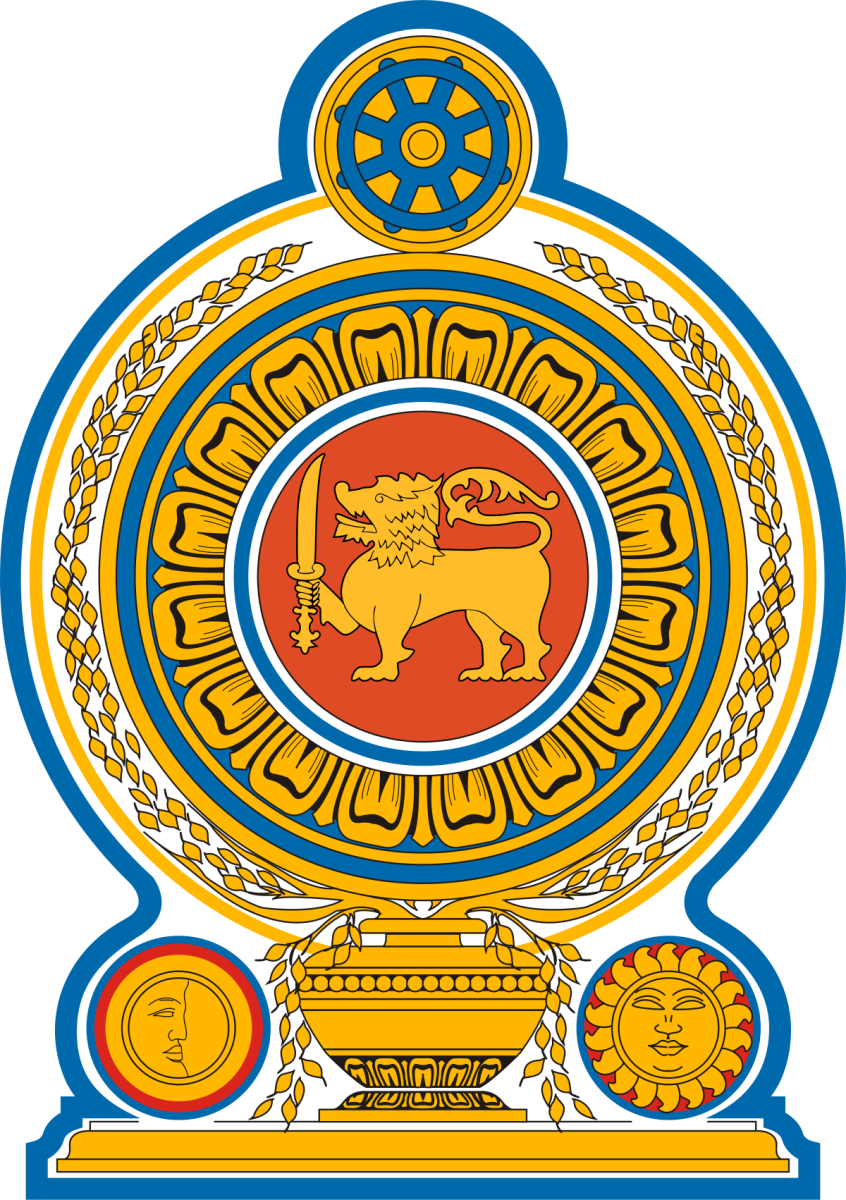
Statement by Mr. Chatura Perera, Chargé d’ Affaires a.i.
Permanent Mission of Sri Lanka to the United Nations
Security Council High-Level Open Debate on Maintenance of International Peace and Security: Advancing Adaptability in UN Peace Operations
24 March 2025
Mr. President, Excellencies, Distinguished Delegates,
At the outset, I wish to take this opportunity to pay tribute to all peacekeepers, including 25,000 fellow countrymen who have been involved in peacekeeping operations for the last six decades, in the pursuit of global peace.
My delegation aligns itself, with the statement made by Uganda on behalf of the NAM.
As global conflicts grow increasingly complex, multifaceted, and protracted, the United Nations must continuously evolve to meet these challenges effectively.
In this context, Sri Lanka appreciates Denmark for convening this timely debate. The theme, “Advancing Adaptability in UN Peace Operations,” underscores the critical need for flexibility, innovation, and responsiveness in our approach to peace operations.
Adaptability is not a choice; it is an imperative. From rapidly changing conflict dynamics to asymmetric threats, including terrorism, organized crime, and cyber warfare, peace operations must be agile and prepared to respond to these emerging realities.
Most importantly, introducing robust mandates for Peace Operations is imperative in response to these growing complexities. Such mandates must take into account the needs of all Member States and troop- and police-contributing countries, and the priorities and responsibilities of the host countries.
It is also important to ensure that the mandates facilitate the protection of civilians, while ensuring the operational effectiveness and the credibility of UN peacekeeping.
Mr. President,
Peacekeepers are the lifeline in many challenging environments. In order to make UN Peace Operations fit for purpose, we believe the specialized forces equipped with technology, designed to respond swiftly, navigate terrain with agility, and leverage cutting-edge technology to maintain stability and protect civilians are imperative.
Such initiatives will also enhance resilience, reduce costs, and minimize environmental footprints, which are essential to overcome the present liquidity crisis and other challenges encountered by peacekeeping operations. Sri Lanka would appreciate opportunities to share its experiences and innovative skills developed by our peacekeepers in this regard.
Mr. President,
Gender-inclusive peacekeeping is a critical component of successful peacekeeping missions. Women peacekeepers can bring unique perspectives and skills to the conflict zones. The contributions of women peacekeepers are invaluable not only in the context of protecting civilians, but also in fostering long-term peace and rebuilding efforts in post-conflict-ridden areas.
Sri Lanka also wishes to highlight the importance of addressing the concerns associated with misinformation, disinformation, and hate speech targeting peacekeepers and civilians. We emphasize the need to establish more effective mechanisms at ground level to ensure information integrity.
Mr. President,
In conclusion, Sri Lanka believes the Security Council must consider introducing a transparent and equitable mechanism for selecting troops and police-contributing countries based on performance, capabilities, commitment, and alignment with mission-mandated objectives, while also respecting geographic balance.
Such a mechanism is essential to ensure the effectiveness of peacekeeping operations in modern-day conflict-related situations.
I thank you.


